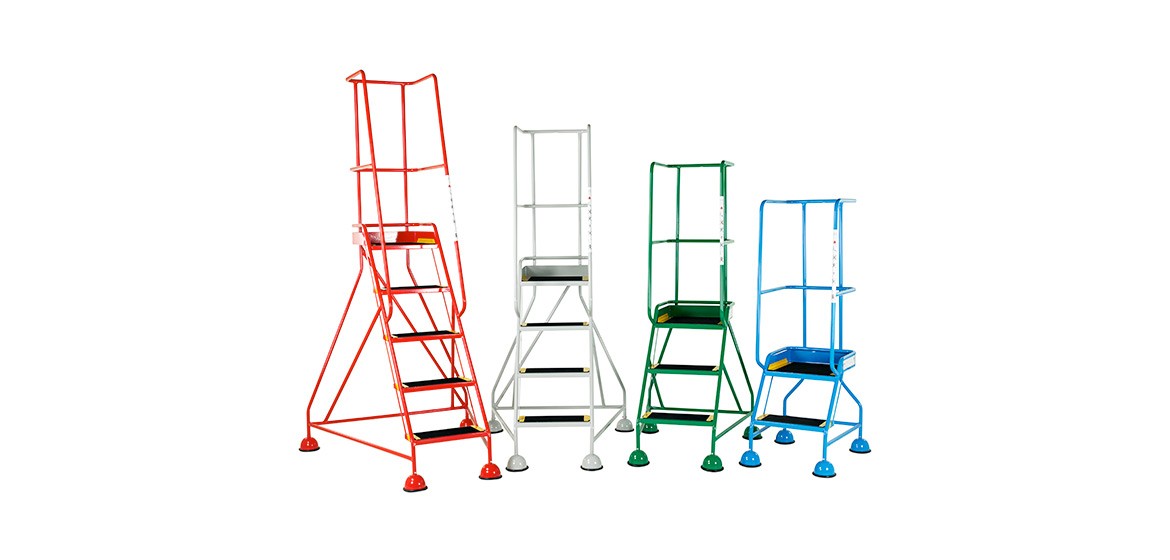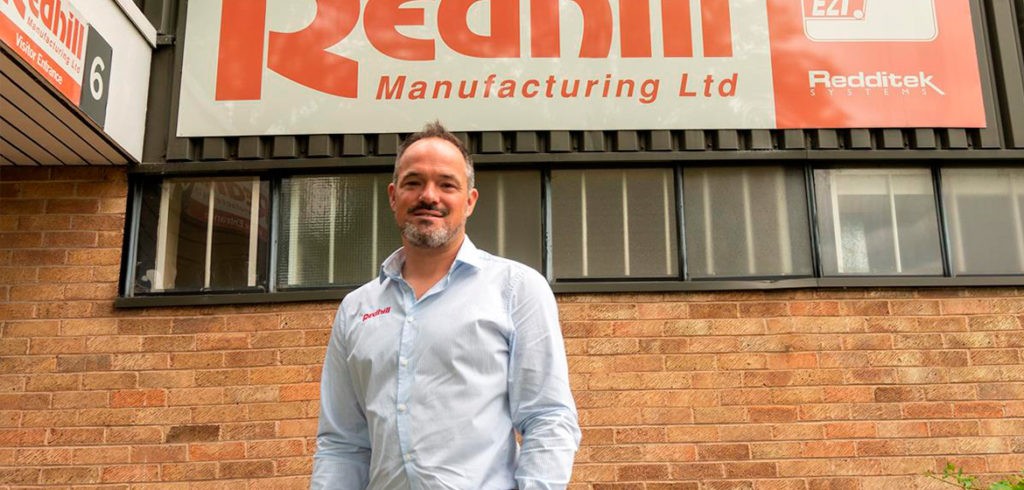Our wide-network of distributors often ask about our Mobile Safety Steps range and their BSI Kitemark, including the difference between compliance vs. accreditation.
So, what is the BSI Kitemark and what does it mean for distributors and their customers?
As a highly trusted global regulator, BSI tests products against industry recognised standards. One of the BSI Kitemark’s primary aims is to help customers with making informed buying decisions, offering peace of mind that their purchases are entirely fit-for-purpose.
For a product to have achieved BSI Kitemark status, it must have been officially tested and verified by the BSI themselves, which is where the difference between compliance and accreditation comes into play. This process can be incredibly lengthy as products must be able to evidence continual quality and reliability – they must perform time and time again, whilst always meeting the same exactingly high safety and durability standards.
Since 2014, our Mobile Safety Steps range has held British Standard BS EN 131-7 accreditation. In fact, to this day, they remain the only product of their kind available on the UK market to have achieved this globally recognised accreditation, meaning that our distributors can display the Kitemark logo alongside the products within their promotional materials.
In a world where safety is of paramount importance, the BSI Kitemark and its logo offer additional value and guarantees that products have been expertly tested to market-leading standards of quality, safety and durability.
Many of our distributors have fed back that their customers are becoming increasingly aware of BSI’s authority within the industry and more and more demands are being made to evidence a product’s long-term viability, which the Kitemark confirms.
If you would like to bring British Standard BS EN 131-7 Mobile Safety Steps to your customers, please call 01527 529 002 or email sales@redhillmanufacturing.co.uk


